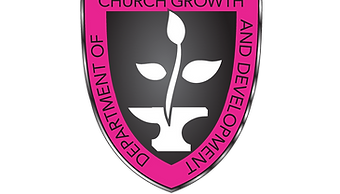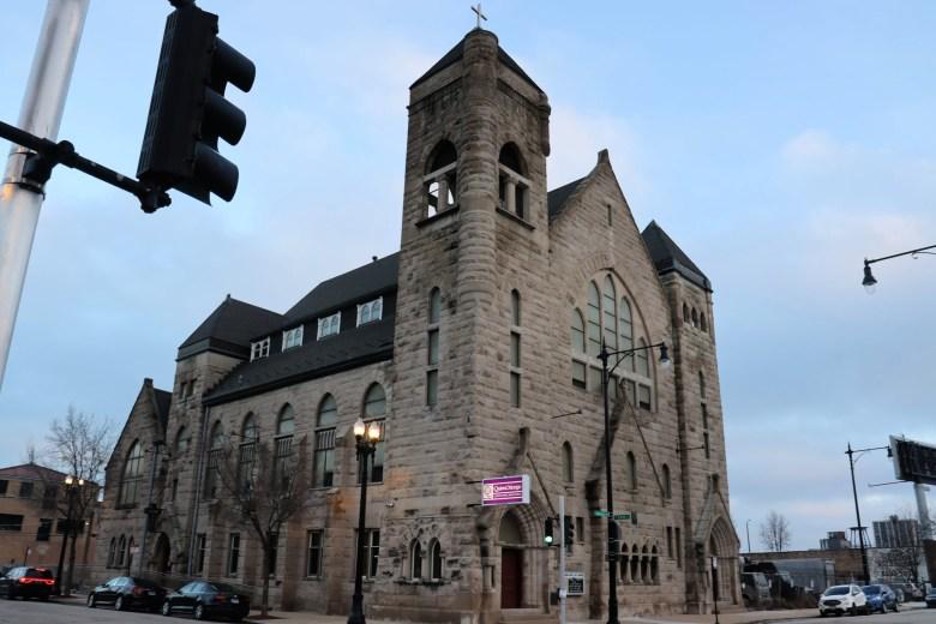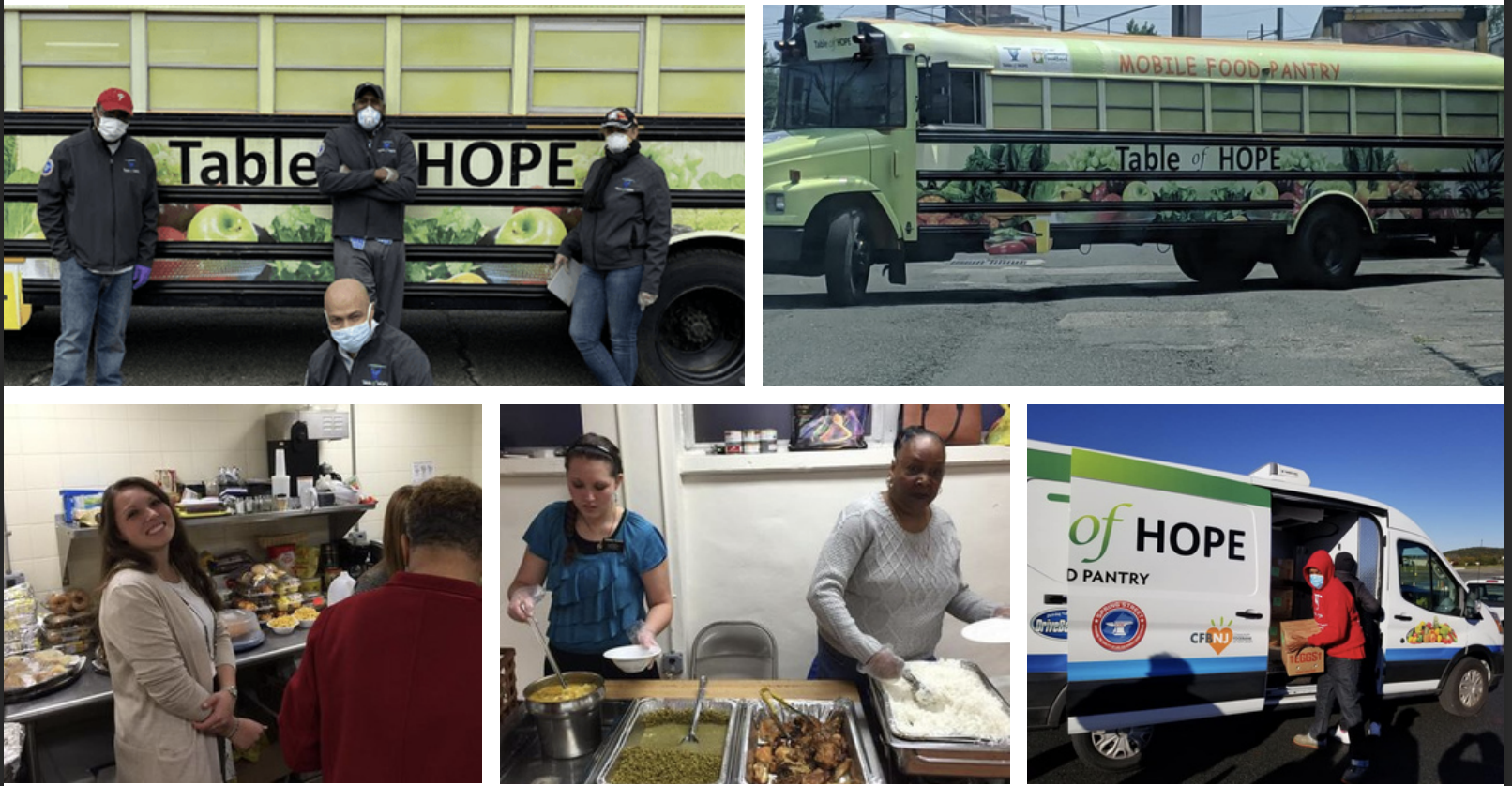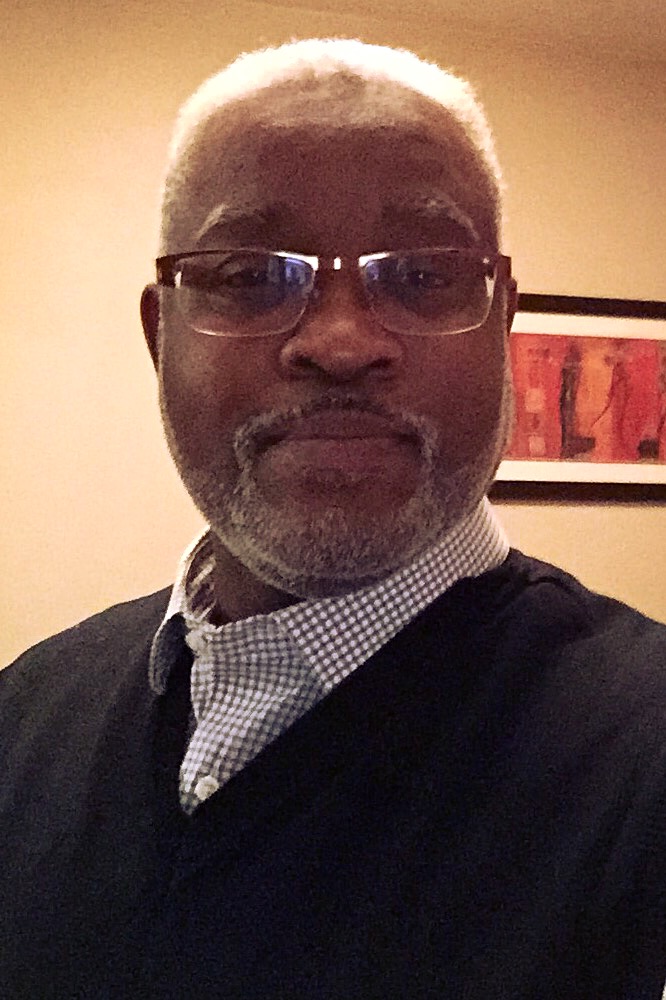The Power of Rhetoric and Words
Dr. Herman O. Kelly, Jr. Contributing Writer
One of my students at Louisiana State University in my Black Rhetorical Traditions in the Civil Rights Movement class said to me in one class session, “the N word has a different meaning today then [sic] in your day and my parents’ day.” My response was that “the N word has always been a painful word and it describes a time in my life and other persons of color a painful past.”
Our parents told us “sticks and stones may break our bones but words will never hurt us.” Words do hurt and words can be painful to the core. In our experience in this country, words have enslaved us and caused us great pain. Words have attempted to kill dreams and aspirations.
Let us explore the power of words. In the Nigerian language, there is a word, “Oruko Lonro Ni,” which means “names affect behavior.” If we are constantly called lazy, unfit, criminals, and thugs, it can begin to be a mindset and a worldview that one may internalize.
I want to suggest how we may change the narrative. First, we must realize the power and encouragement of positive rhetoric. Both our children were high school athletes. Before each game, we used positive words in order for them to play their best. Today, we can still speak positive and powerful words and rhetoric to our youth. It does not matter how difficult the road one may travel, what does matter is the support one receives on the journey.
As I was applying to Morehouse College during my senior year in high school, my Social Studies teacher told me “You can do it.” Those words empowered me to believe I could attend Morehouse College; and today, those words still ring clear in my professional life as a pastor and University faculty member. When I am pressed with difficult moments, I remember her words, “You can do it.”
Secondly, we must give direction and motivation with our words. The world has become more uncivil and mean-spirited rhetoric seems to be the order of the day. We hear words of oppression, dehumanization, and enslavement. These words can break one’s spirit and ability to be a positive citizen in this country. Instead of mean-spirited rhetoric, we need words of direction and motivation. Former President Obama would many times say, “Yes we can” to the United States and the world. We can and we must return to a civil society, where our words built up instead of tearing down each other. Dr. King called it a “Beloved Community,” with love as the centerpiece of rhetoric and action. Howard Thurman called it “the Creative Encounter.” We must return to a state of love and appreciation for our diversity.
Lastly, we must speak words and rhetoric which highlight our legacy as a people. Let us tell the story to another generation. The wise person in the family has as a duty to transmit information to the younger generation. As I age, I have become the storyteller for my family. I share the stories that empowered and gave me direction. My daughter usually responds, “Daddy we heard that story before.” I tell her, “That’s alright, let me tell it again.” The rhetoric of stories can give us motivation and direction. We are people of stories. Stories give us a mindset of survival and a presence of mind to keep on keeping on. Let us never forget to tell the stories and use positive words to make a difference.
Dr. Herman O. Kelly, Jr. is the pastor Bethel AME Church in Baton Rouge, Louisana. He is a graduate of Morehouse College, Springfield College (M.Ed.), Boston University School of Theology (M.Div.), and the Memphis Theological Seminary (D.Min.). He is an adjunct professor at Louisiana State University in the African and African-American Studies Program and the School of Education.





